Do you take stress naps? Do you have a tendency of falling asleep due to stress and excessive anxiety? Sometimes being worked up can cause sleepiness as your mind is unable to cope with the stress.
Let’s find out how we respond to stress, and how stress affects sleepiness.
How we respond to stress
Whenever we are faced with conflict, threat and stress, our mind enters the fight-flight-freeze mode. This is a type of stress response that enables us to effectively react to possible threats. According to an article in The Atlantic, the fight-flight-freeze response is an automatic reaction.
It states “The adrenal cortex releases stress hormones to put the body on alert; the heart begins to beat more rapidly; breathing increases frequency; your metabolism starts to speed up, and oxygen-rich blood gets pumped directly to the larger muscles in the body.
The point is to become energized, to prepare to face the source of the conflict head-on, or, at the worst, be ready to run away, at top speed.”
Related: How Stressed Are You? Take This Stress Quiz To Find Out
When we are stressed all the time and the fight-flight-freeze response is constantly activated, it could lead to some serious and damaging effects on our neurochemistry in the long run. This can result in high levels of anxiety, depression, insomnia, and even sleepiness.
Moreover, when our mind and body are exposed to frequent stressful situations, it stays on high alert all the time which leads to feelings of chronic fatigue. This makes us feel tired even during the daytime and fall asleep whenever possible.
Falling asleep due to stress is nothing but a physiological and psychological coping mechanism.
Now let’s find out how stress affects sleepiness.
How stress affects sleepiness
Sleep is crucial for our health and proper functioning. However, stress can often lead to insomnia and sleepiness due to anxiety, fear, and uncertainty.
Dr. Kelly Baron, a sleep expert at the University of Utah Health explains “Stress and sleep are really known to have a bidirectional or a two-way relationship. So if you’re under stress, it affects your sleep.”
Although stress is mostly known to cause sleeplessness, excessive stress can even make us fall asleep, AKA, time for some stress naps.

But why do some of us are able to take stress naps, while others lose their sleep? This is perhaps due to ‘learned helplessness.’
According to Martin. E. P. Seligman, PH.D. at the Departments of Psychiatry and Psychology, University of Pennsylvania, stressful events experienced during childhood can “significantly debilitate” an individual.
Such uncontrollable stressful experiences can “produce passivity in the face of trauma, inability to learn that responding is effective,” leading to emotional stress, and even depression.
Learned helplessness often manifests itself as sleepiness in response to stress. Hence, when an individual is faced with repeated stress as a child, they would feel helpless as an adult and will be unable to cope with stress. This can result in fatigue and stress naps.
Learned helplessness
The psychological concept of learned helplessness is often utilized to make sense of different aspects of stress, anxiety, and depression.
The Atlantic explains “If at a very early stage in development, a living thing comes to understand that it is helpless in the face of the world’s forces, it will continue to perceive a lack of control, and therefore actually become helpless, no matter if the context changes.”
It is simply a coping mechanism that works for some people. When we feel too overwhelmed by something and experience stress almost on a daily basis, sleepiness can provide us an escape from the situation.
When we lack the skills or are incapable to deal with challenges and conflicts in life, we often choose to run away from it. And falling asleep might be the fastest way out of a stressful situation.
Psychiatrist John Sharp at Harvard Medical School says “Our feelings are always in the past. This is something that’s really outlived its adaptive value.”
Related: How Sleep affects Your Mental Health
Memories and sleepiness
All memories are initially stored in our brain’s short-term storage so that these can be easily accessed, processed, and, if necessary, replaced to make space for new and important memories.
However, when a memory generates too many emotions, it requires a lot of space to get processed. This can overburden the storage capacity of our brain.
Dr. Rebecca Spencer, professor at the Department of Psychology, University of Massachusetts explains “You can be driven to sleep simply by having a lot of emotional memories to process.”

Sleep enables our mind to sort through recent experiences to make the necessary space for important memories and decide which ones get to be permanent. A 2001 study by psychologists Ullrich Wagner, Steffen Gais, and Jan Born revealed that sleep actually boosts our memory and supports the storage of memories driven by emotions.
Another 2017 study found that stress at work can lead to fatigue and sleepiness. The research concluded, “Fatigue as an indicator of the allostatic load is consistently associated with work-related stressors such as work overload after controlling for depression.”
“Excessive, prolonged stress can cause physical and emotional exhaustion and lead to illness,” writes health writer Hannah Nichols in Medical News Today.
Falling asleep due to stress? Work-related stress can often make us feel overtired and exhausted and result in tense muscles, headaches, and migraines. All these symptoms can not only affect our health but also lead to sleepiness and stress induced naps.
Falling asleep due to stress? Stress makes us sleepy
“Under periods of stress, many people choose to spend excess time in bed, and often fall asleep, as a way of escaping from the stress,” explains Aric Prather, associate professor in the Department of Psychiatry and Weill Institute for Neurosciences at the University of California.
He adds “Because sleep, at least in the short term, can provide some relief from the distress, sleeping behavior can be reinforced.”

So the next time you feel overly stressed, it might be a good idea to go for 15-20 minute stress naps. This is a natural response and there is “no sense ignoring how your body is feeling,” adds Prather. This will allow you to process your experiences and might even empower you to better deal with the source of your stress.
Related: 5 Tips For Lowering Your Stress Level
However, if your work-related stress is leading to sleepiness, then it can be a good idea to go for a cup of coffee instead or speak with your HR about mental health facilities and benefits in your workspace.
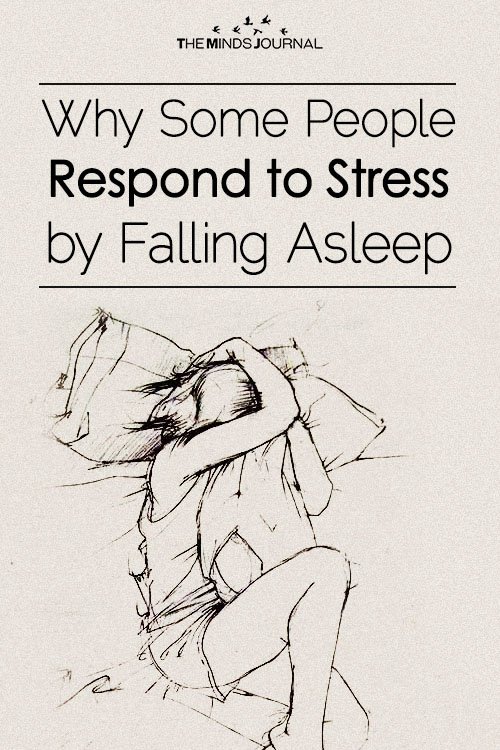



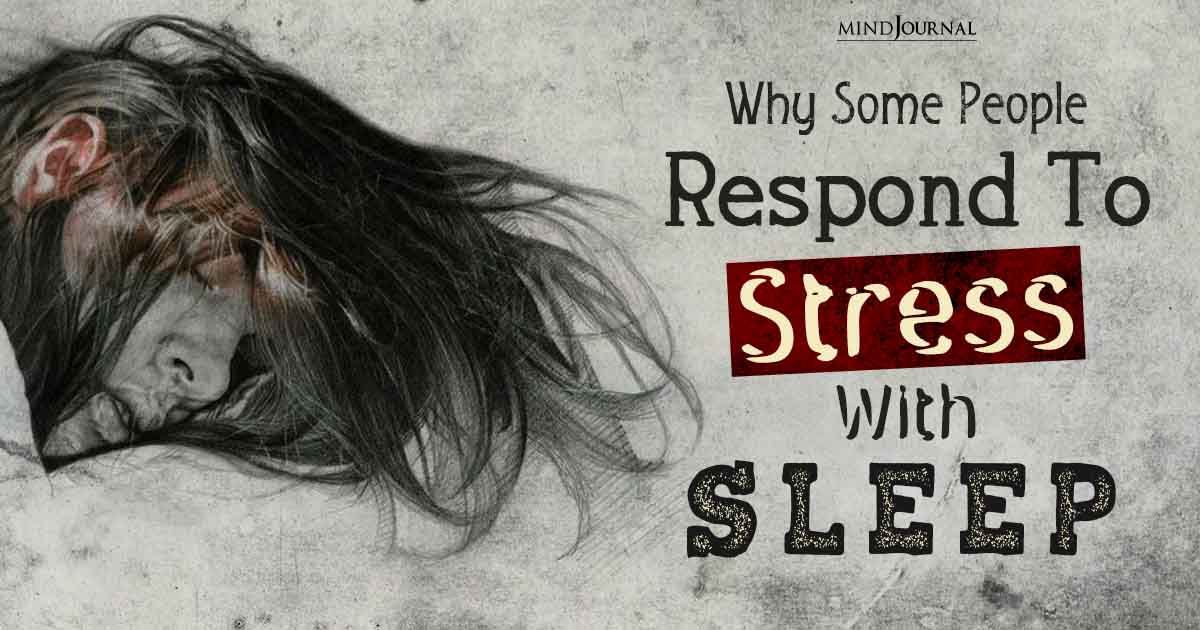
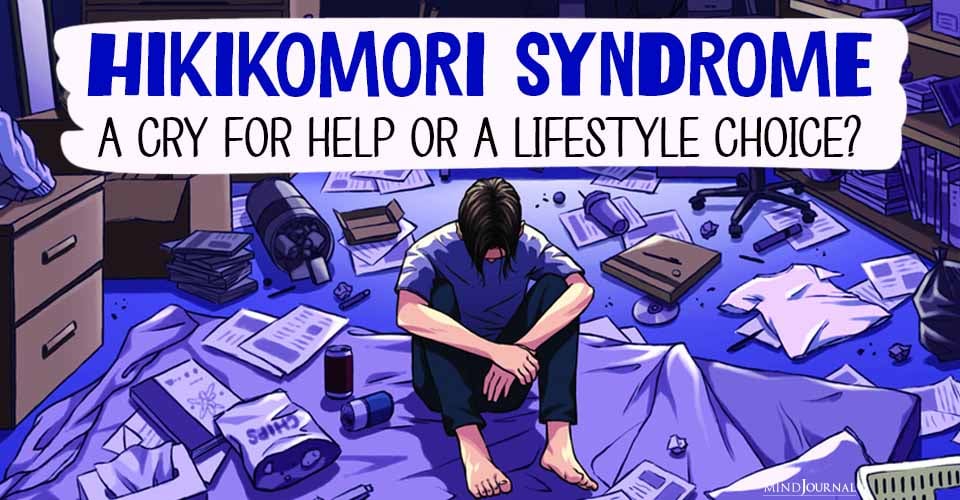
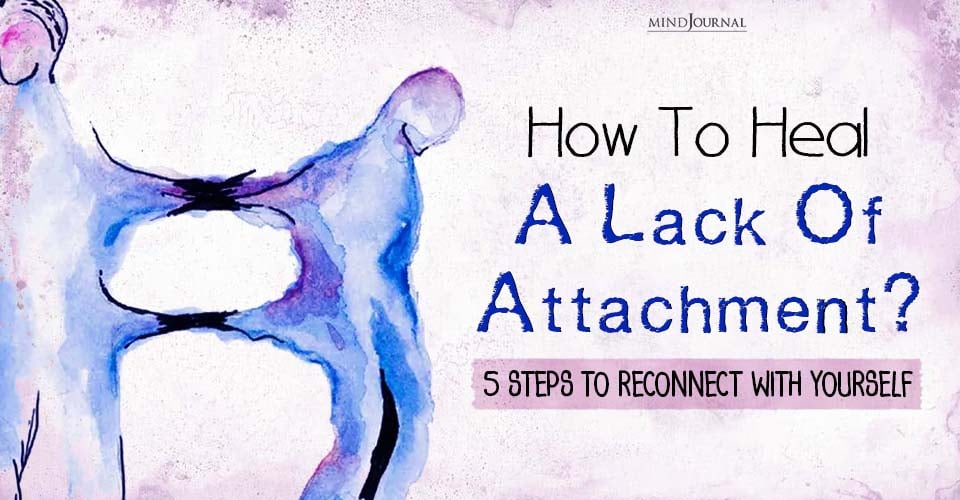
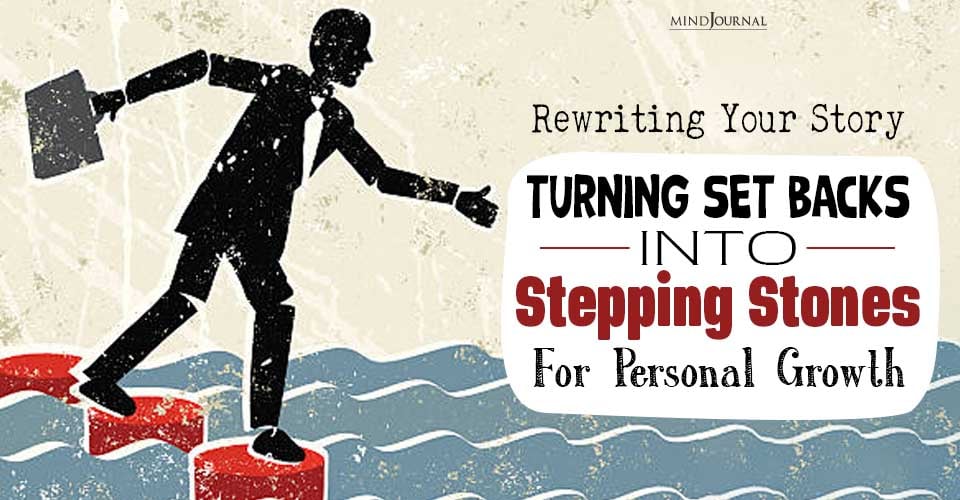
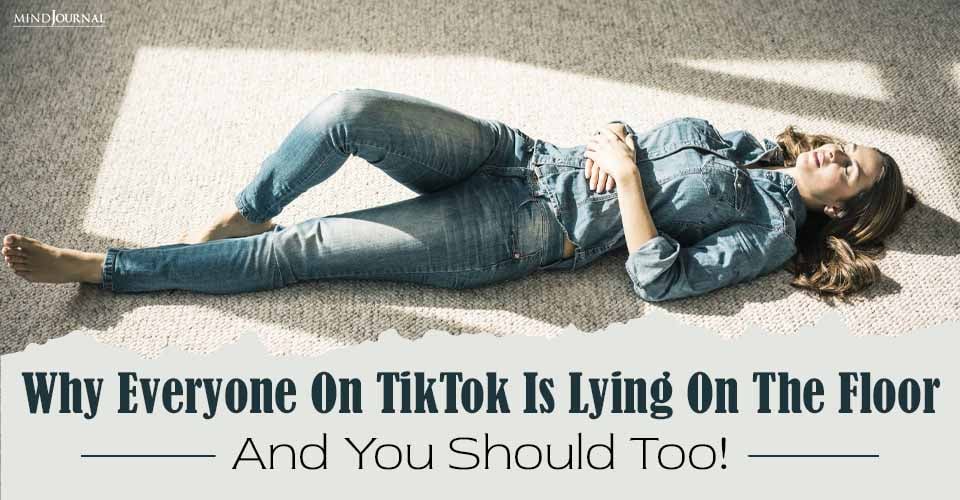
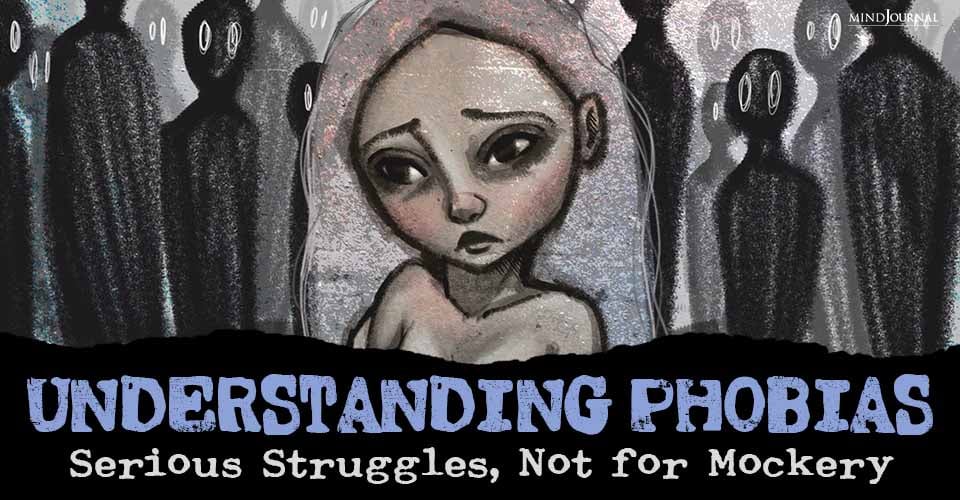
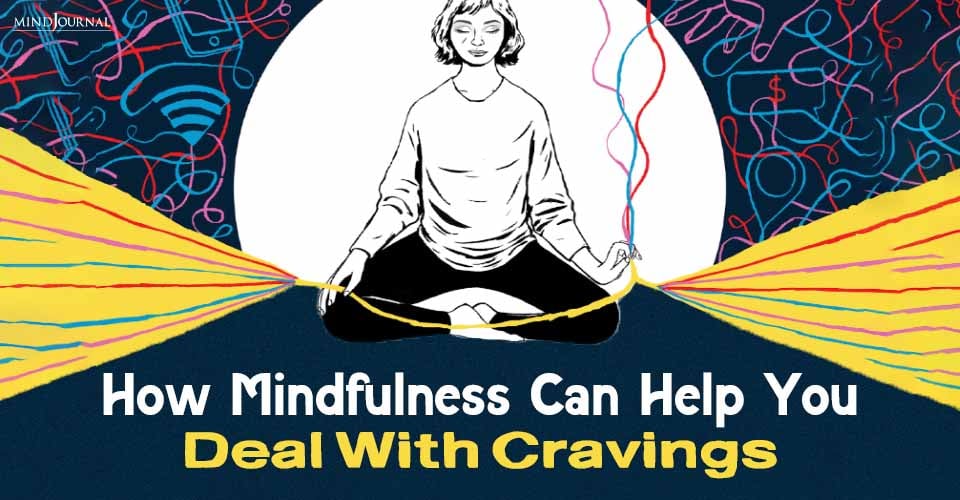

Leave a Reply